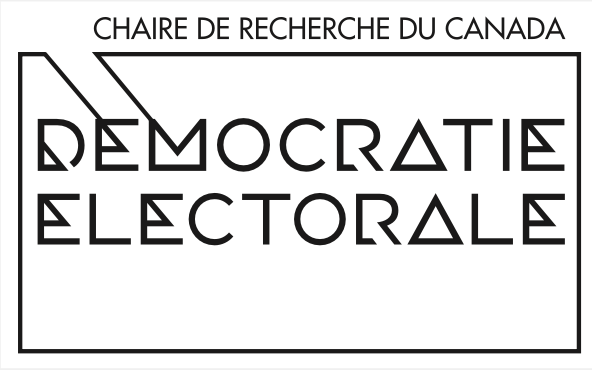Who Accepts Party Policy Change? The Individual-Level Determinants of Policy Change Acceptance
Ruth Dassonneville-Université de Montréal, Maurits Meijers-Radboud University
Experimental research has shown that political parties often, but not always, suffer reputational costs when they change their policy positions. Yet, it is not clear who accepts and who rejects party policy change. Using newly collected observational data from five European countries (Germany, the Netherlands, Poland, Spain and the United Kingdom), we examine the individual-level determinants of party policy change. We examine support for policy change with a new survey item that directly captures party policy change acceptance. We theorize that acceptance of party policy change varies as a function of individuals’ political attitudes such as their level of interest in politics and their ideological positions, as well as their views about democratic decision-making. While we find that many citizens agree that change is sometimes necessary and understand the conditions and constraints that lead parties to alter their positions, we also show that populist attitudes have a strong negative effect on accepting party policy change. A textual analysis of an open-ended survey item furthermore indicates that those who perceive party policy change negatively, associate change with opportunism and power-seeking. Our results imply that even though parties have some leeway to change their positions when external conditions require them to do so, populist beliefs and anti-elite sentiment make citizens rather sceptical of the motivations that parties have when they alter their positions.

This content has been updated on 24 January 2024 at 13 h 12 min.
Comments